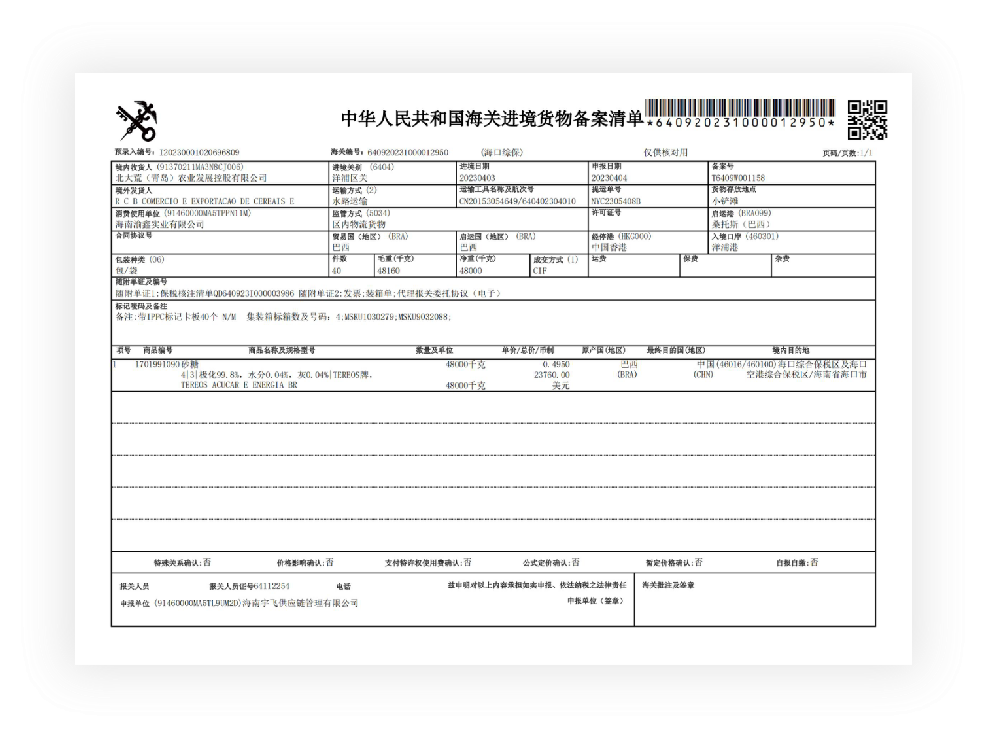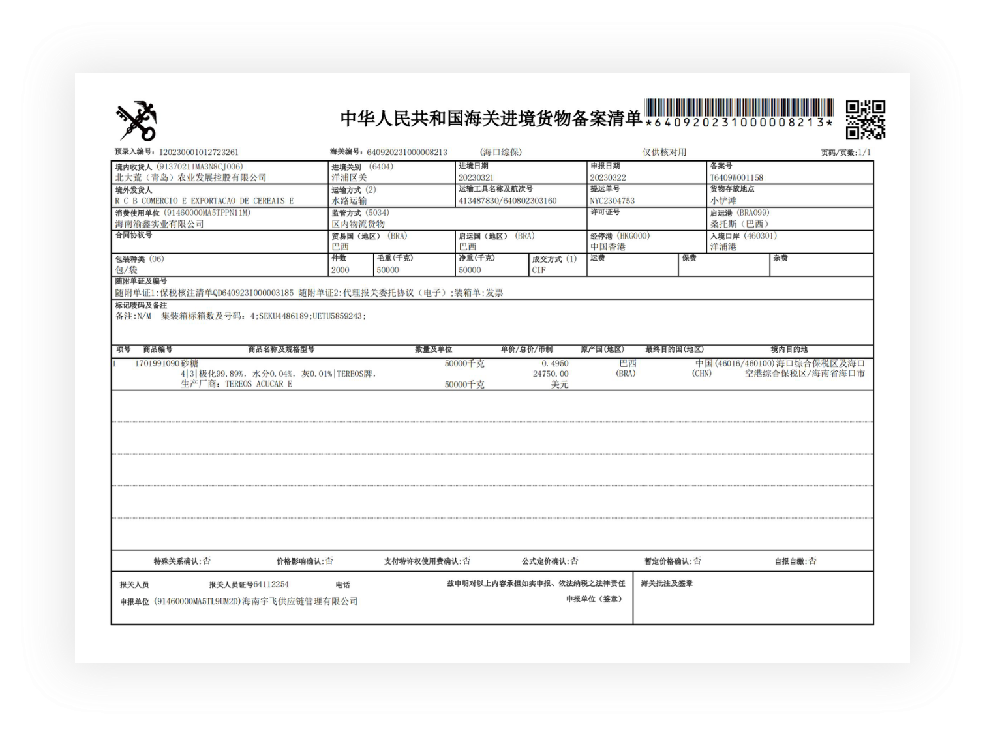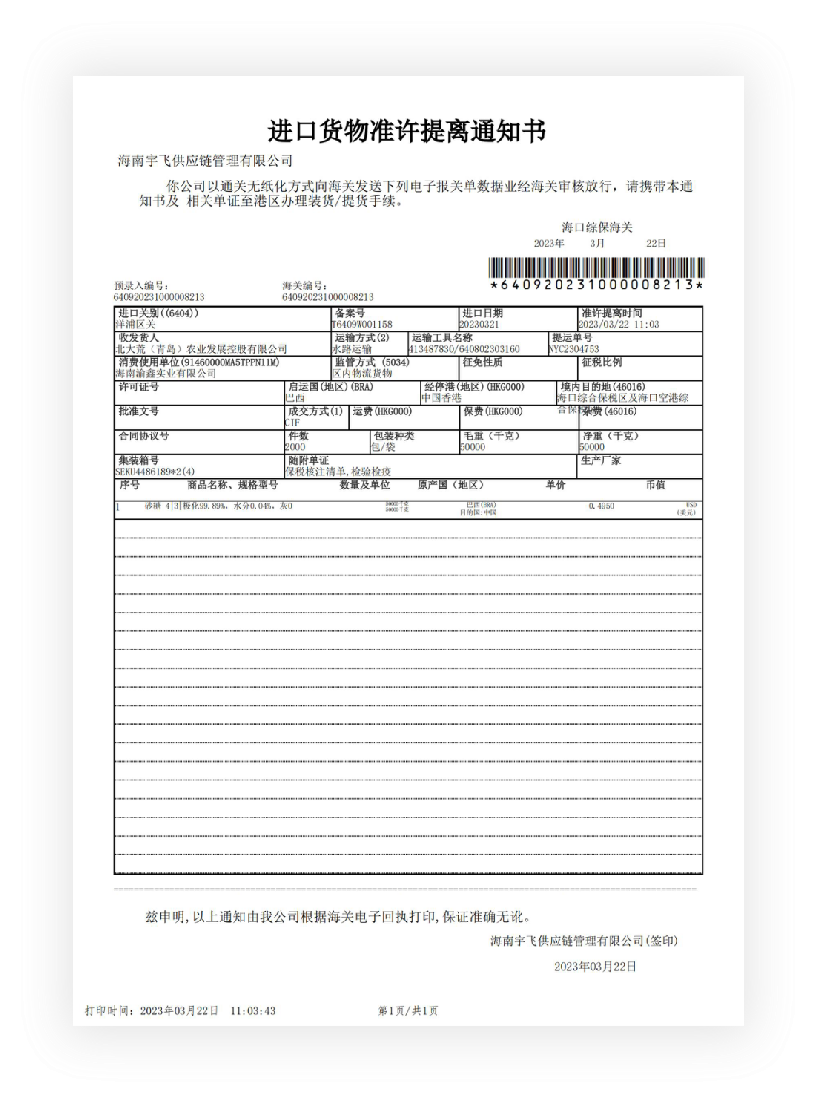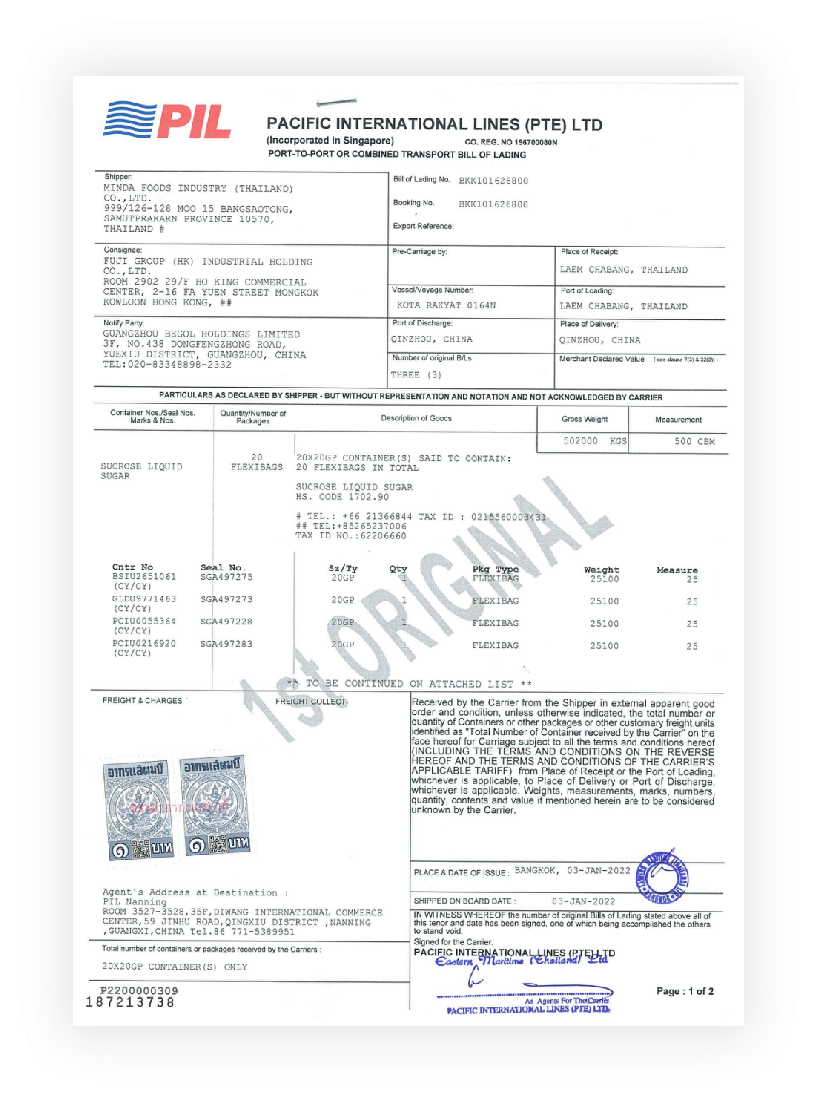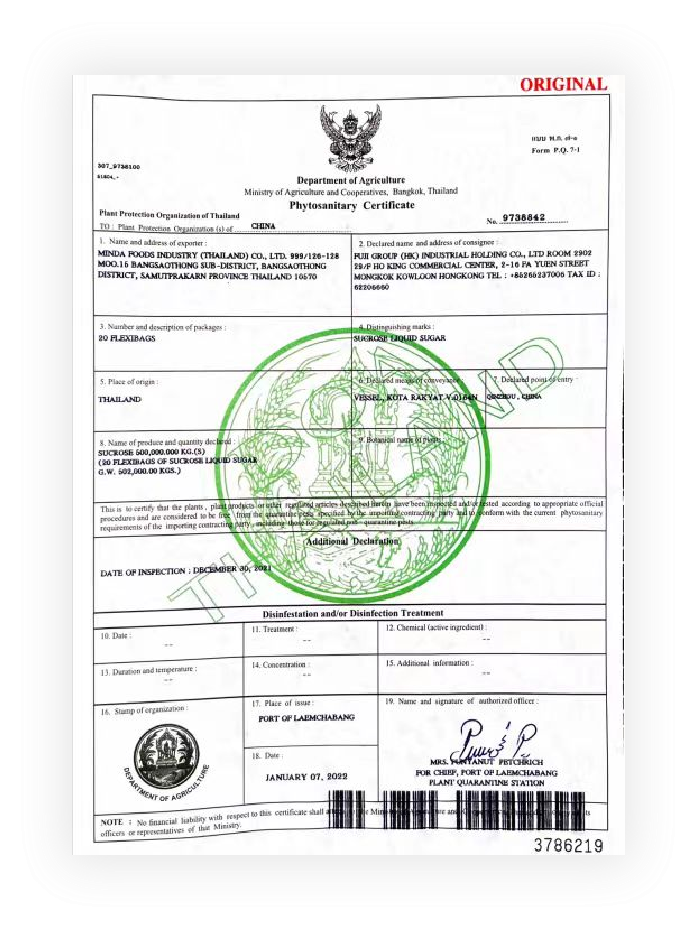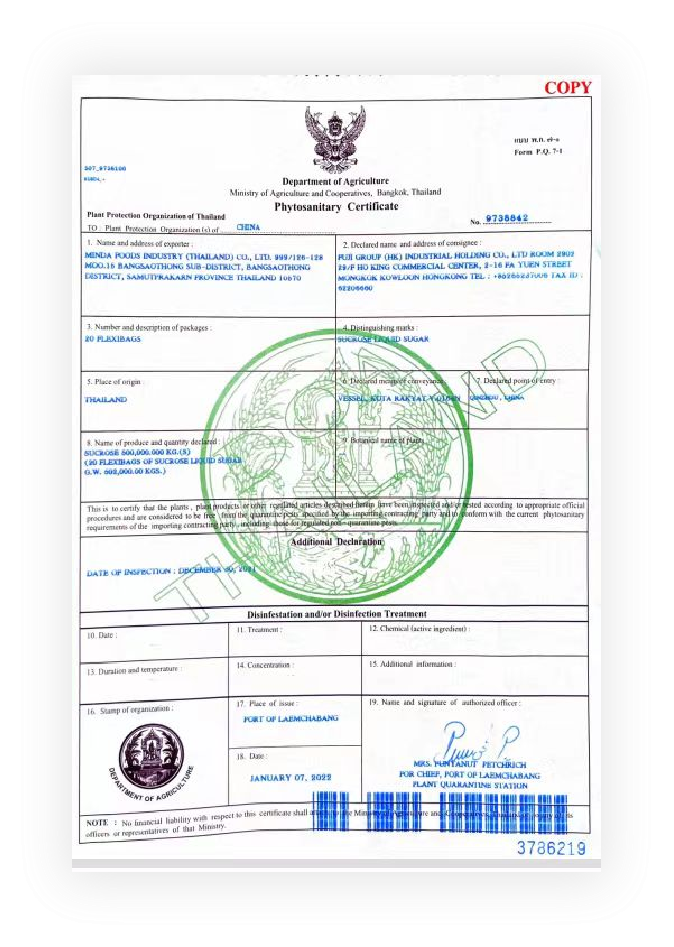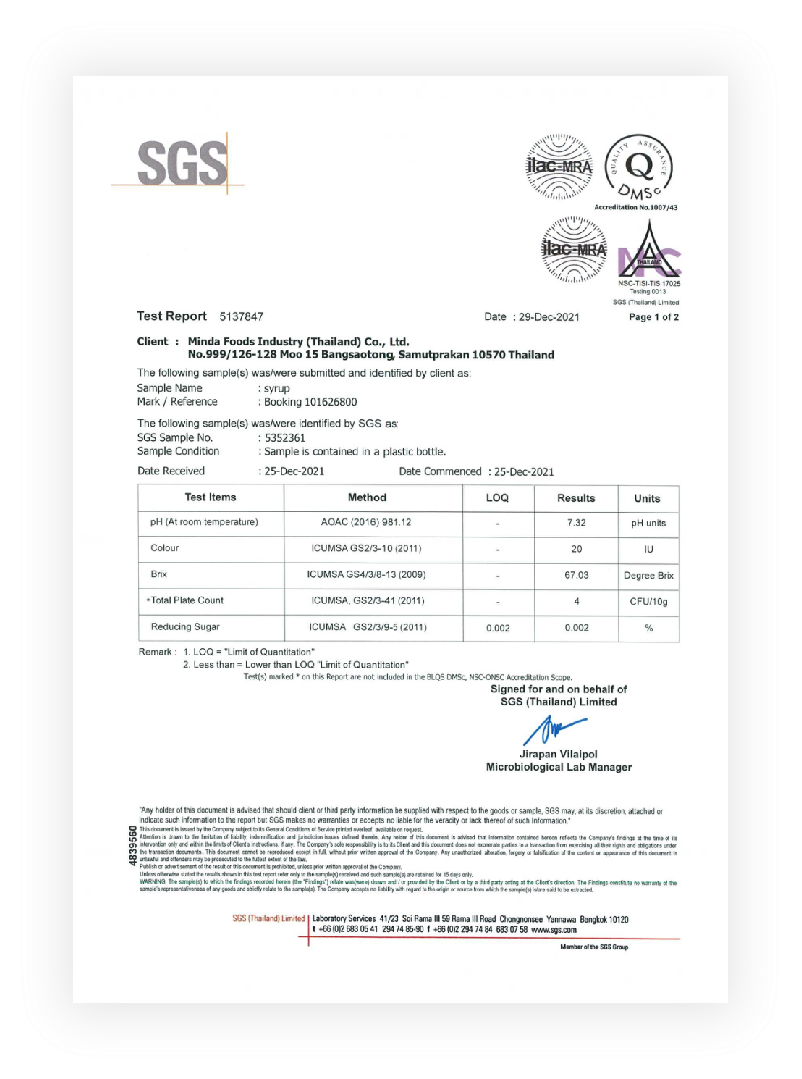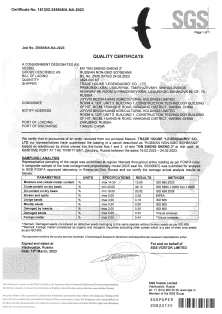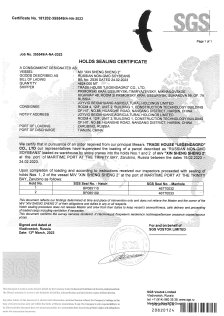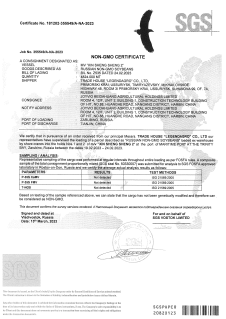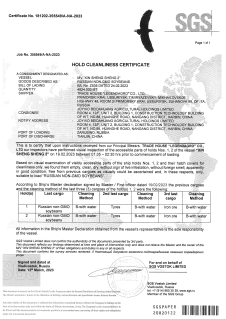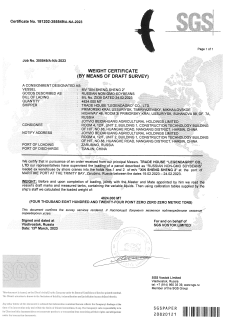
Introduction to Syrup
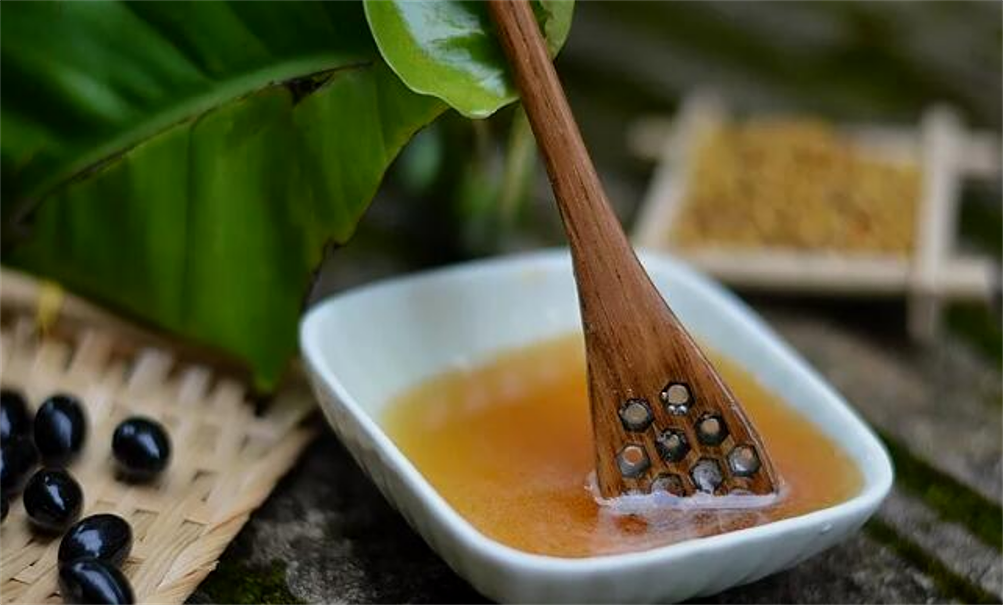
- Syrup is a seasoning, a viscous liquid mainly composed of a solution of sugar in water, containing a large amount of dissolved sugar but with almost no tendency to crystallize. Its consistency is similar to honey. The viscosity comes from multiple hydrogen bonds between dissolved sugars, which contain many hydroxyl groups (OH).
- Syrup can be made by dissolving sugar in water or by reducing natural sweet juice such as Sugar cane juice, sorghum juice, maple sap or agave nectar. Corn syrup is made from corn starch through enzymatic process, which can be converted into sugar.
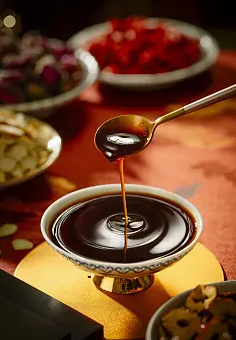
- In industrial production, starch sugars are divided into several types based on glucose conversion value (DE).
- Production process: divided into three methods: acid method, enzyme method, and acid enzyme method.
Sugar production workshop
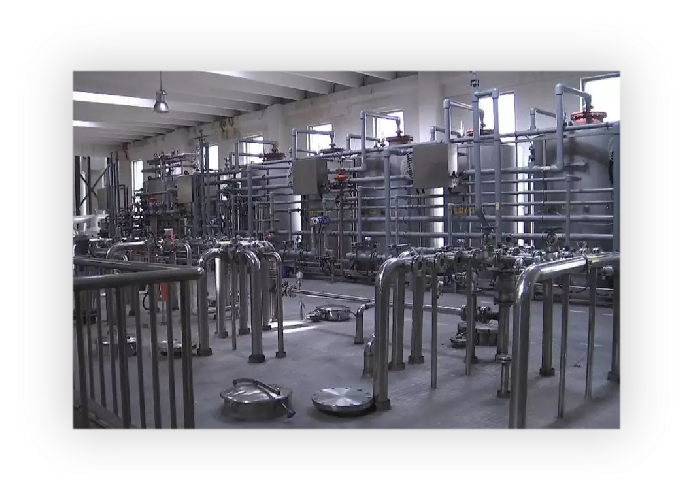
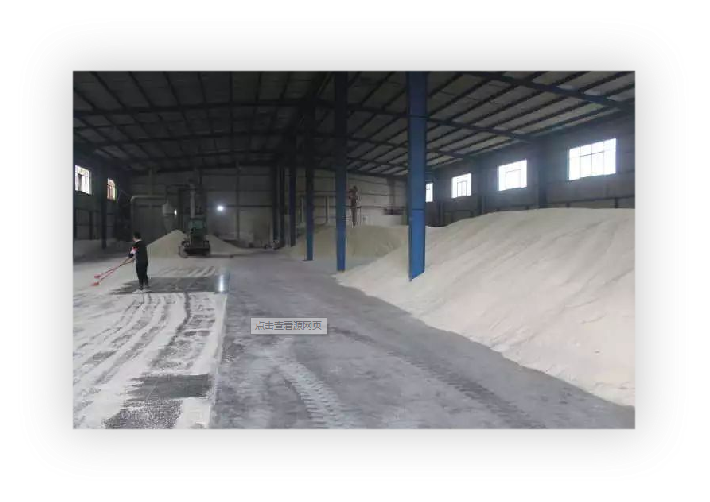
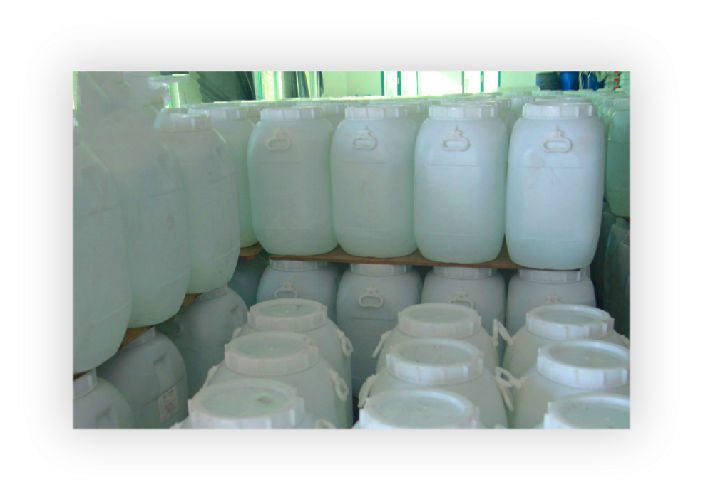
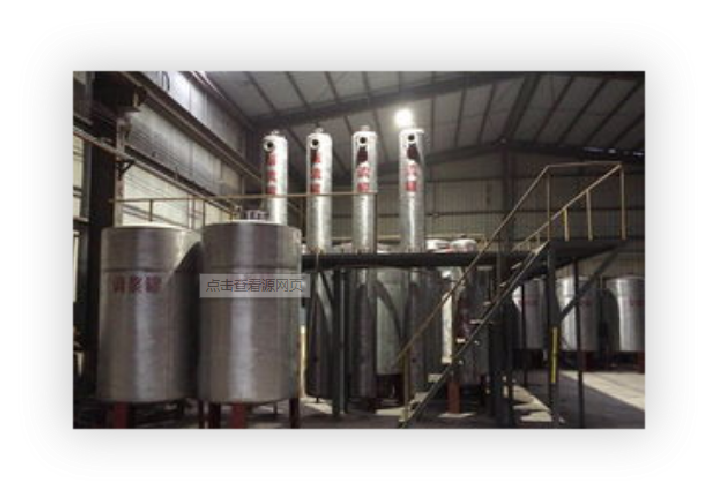
Our sugars come from Brazil
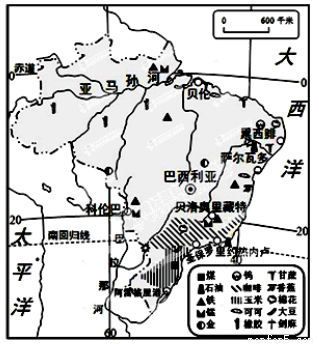
Brazil is located in subtropical and tropical regions, humid and rainy, with an annual precipitation of 2000-3000mm in most areas. The country has three major water systems: Amazon, Parana, and San Francisco, and abundant hydraulic resources, ensuring the water and heat needs for crop growth. Brazil is currently the country with the highest sugar production in the world and also the largest sugar exporter in the world.
Our sugars come from Thailand
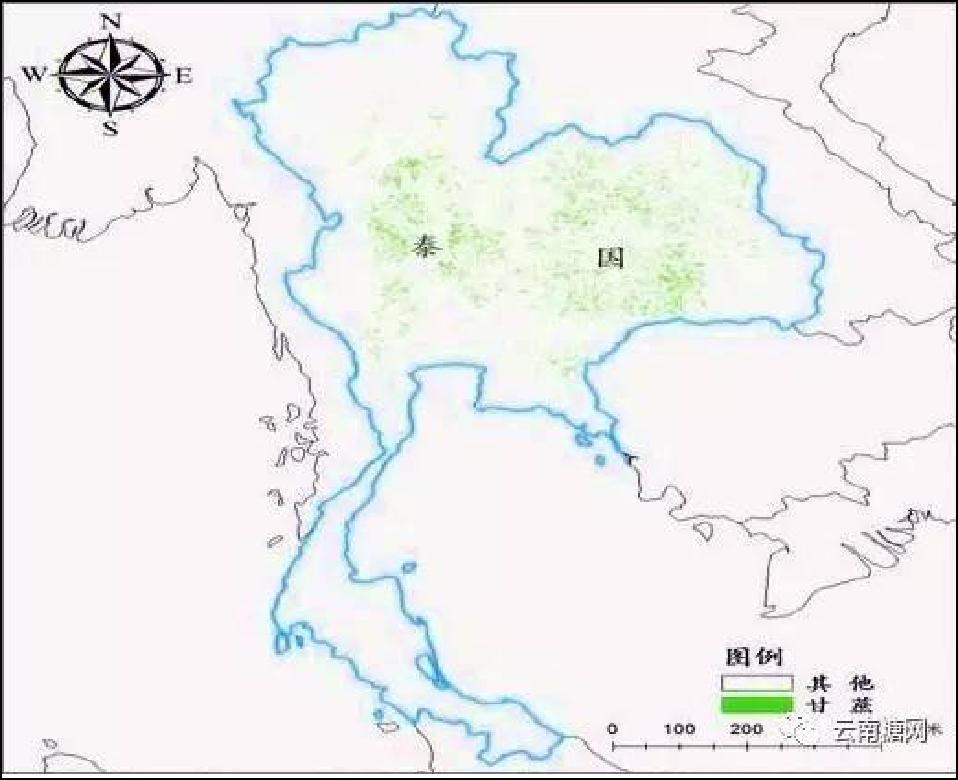
Thailand belongs to a tropical monsoon climate zone, with rainy and hot seasons, abundant heat, low and flat terrain, vast plains, and wide rivers. The water, heat, and soil conditions are very good. Thailand's natural conditions are very suitable for sugarcane production, with high technology in sugarcane production and sugar industry. It is a major sugar producing country and the second largest sugar exporting country in the world, and the sugar industry has become one of Thailand's pillar industries.
Product Qualification
Introduction to Soybeans
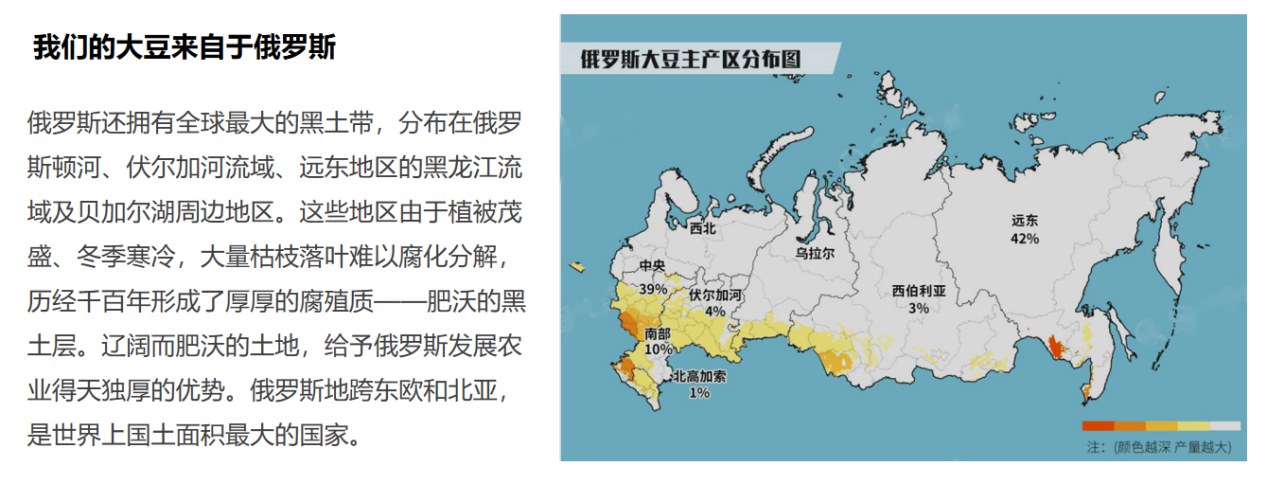
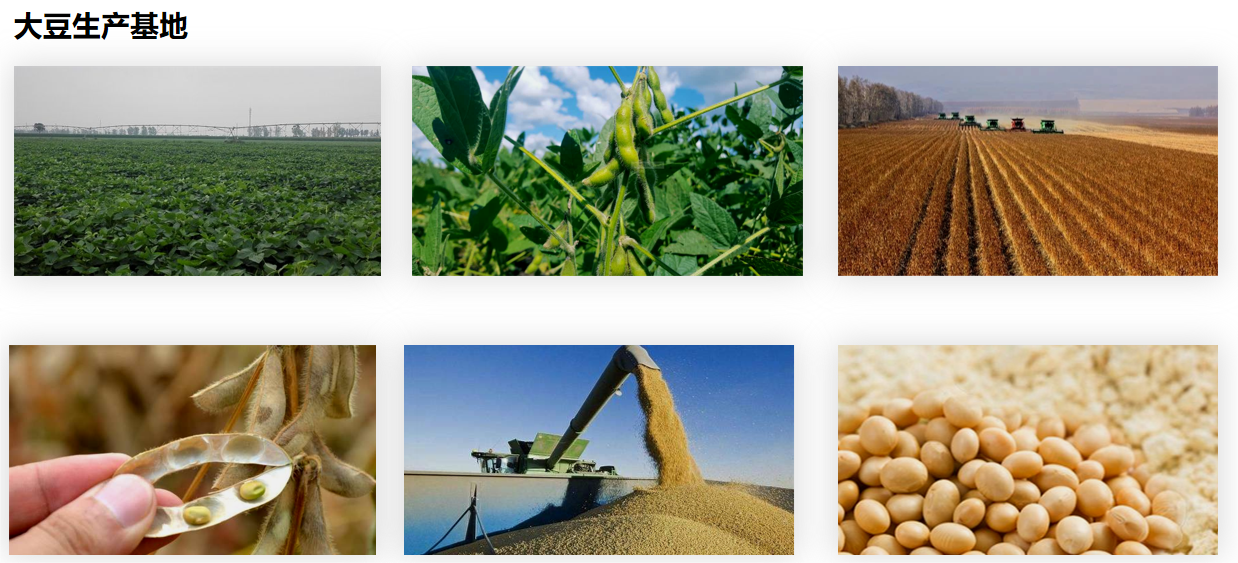
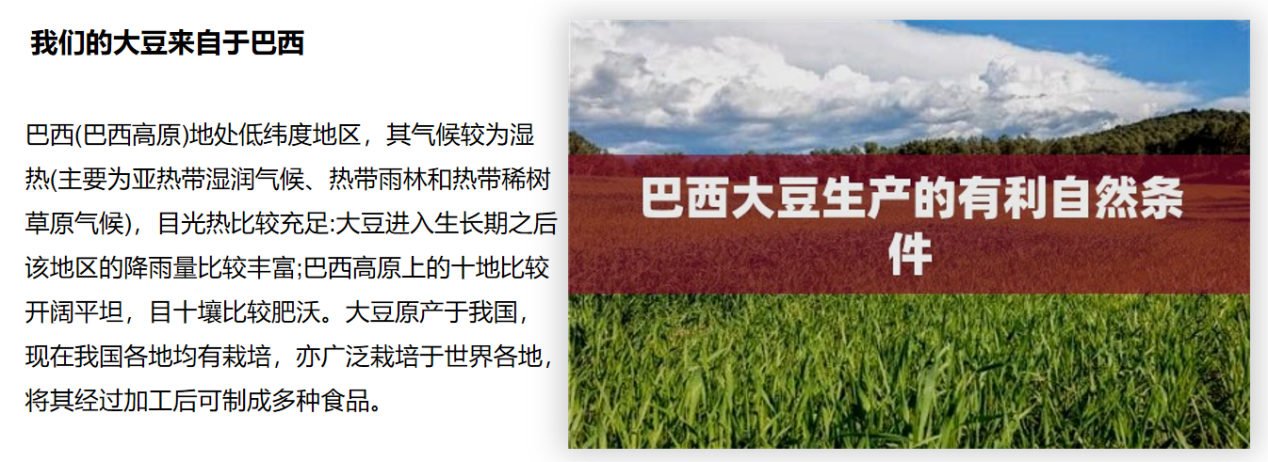
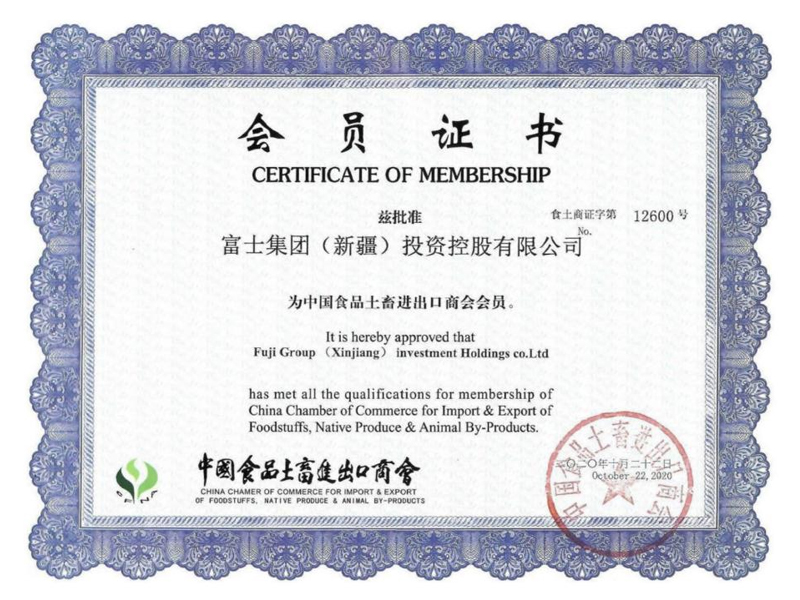


富士电机(安徽)有限公司
Fuji Motor (Anhui) Co., Ltd
集团地址 / Add: 香港九龙花园道2-16号豪景大厦29楼2902室 / Room 2902, 29 / F, grand view building, 2-16 Garden Road, Kowloon, Hong Kong



